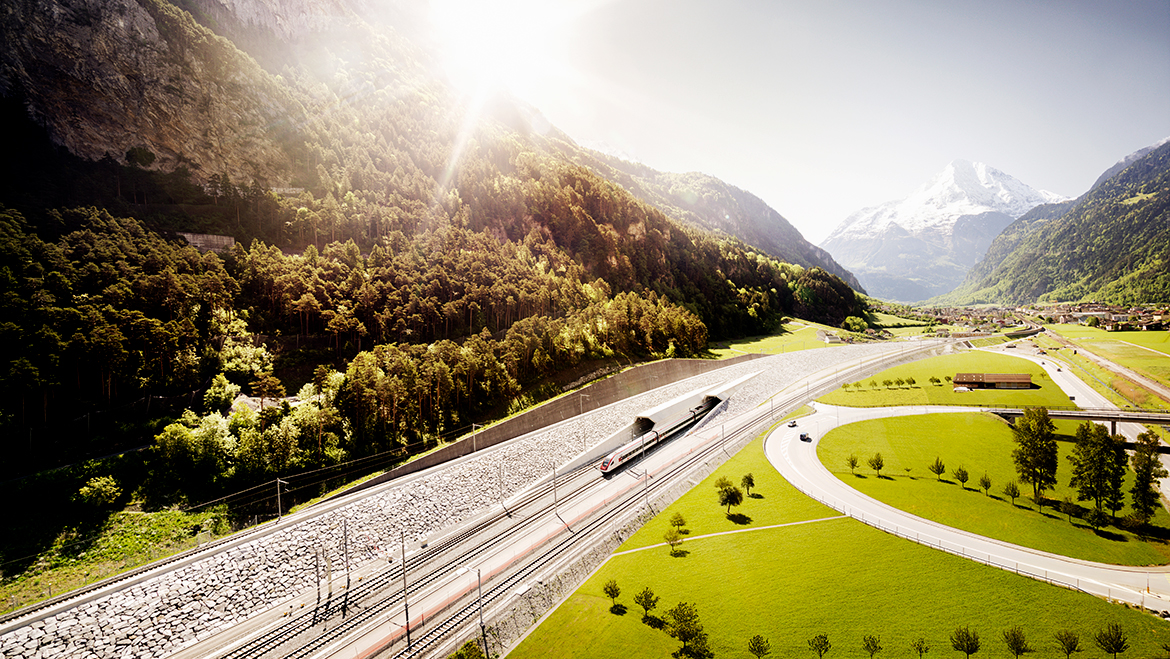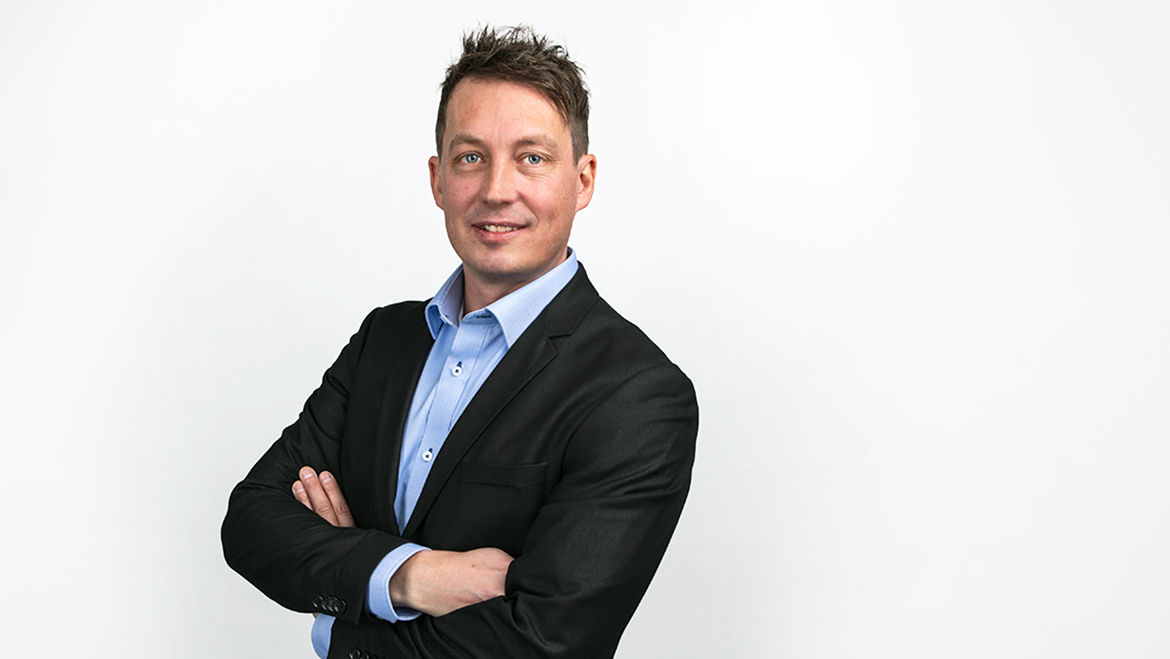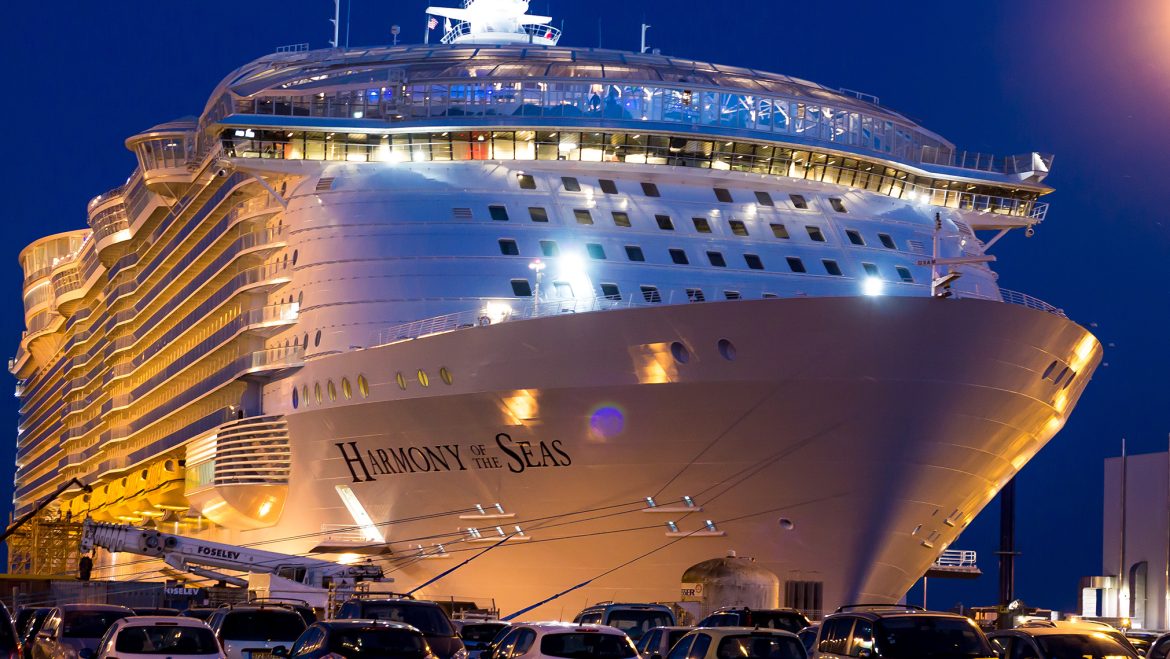ABB, with its 130-year reputation as an innovator, is heavily involved in the fourth industrial revolution, taking digitalisation to the sea. ABB’s Marine & Ports business line develops electric, digital and connected solutions for the marine industry, with facilities located in Vuosaari in Helsinki and in Hamina.
”Traditionally, ABB has focused on the special-purpose vessels market and provided solutions for cruise ships and offshore and ice-going vessels. We also know LNG tankers well. We have also supplied propulsion solutions for vessels in demanding ice classes and, in the future, our aim is to offer more and more products for the cargo ship segment,” says Piia Karjalainen, Supply Chain and Quality Manager, ABB Oy, Marine & Ports, Electric Solutions.
ABB’s strengths in the market include high technology and innovative solutions that generate fuel savings and reduce emissions. Customers are supported by a global service network.
“We are the clear market leader in electric propulsion. Our ‘Electric. Digital. Connected.’ vision reflects our belief in vessels that utilise electricity and digital technology,” Karjalainen continues.
Azipod® revolutionized ship propulsion
The company’s flagship product is the electric Azipod® propulsion system. The electric motor running the propulsion is located in a submerged pod outside the ship hull that rotates 360 degrees around its vertical axis. It generates thrust in every direction, improving a ship’s manoeuvrability in an unprecedented manner.
Azipod® propulsion has become an industry benchmark for environmentally-friendly vessel technology, with its proven ability to cut fuel consumption by up to 20% compared to traditional shaftline propulsion systems. Fuel savings of over 900,000 tons have been made in the cruise segment alone due to the selection of Azipod® propulsion.
With the Azipod® systems’ good manoeuvrability, the operation of vessels is safer in narrower passages and in more challenging sea conditions. Due to minimal noise and vibration, Azipod® propulsion also improves passenger and crew comfort.
In a typical car ferry travelling on the Baltic Sea, the use of the mid-power range Azipod® system reduces carbon dioxide emissions by approximately 10,000 tonnes per year compared with a conventional shaftline propulsion system.
Finding common ground was easy
The cooperation of ABB and Arnon has a long history, with Arnon using ABB’s components and technology in solutions it created for its customers.
A few years ago, ABB Marine & Ports business line looked at expanding its switchgear supplier network, and Arnon came up as a potential supplier.
“When selecting suppliers, we emphasise three important points: reliability of supply, competitive pricing, and quality. Arnon impressed us by actively listening to us and our needs, and taking into account the specific features of the marine industry, customer needs and our way of doing things. This is why it was easy to find common ground,” says Karjalainen.
After a supplier visit, technical approval, and an audit process, the companies reached a comprehensive framework agreement.
“ABB is a large company with a vast range of products that needs partners with whom we can make solid agreements and communicate openly about our needs and potential for cooperation,” Karjalainen continues.
Considering the future and technology together
In a working partnership, Karjalainen values active communication, open sharing of information, and Arnon’s support in ABB projects.
“It is important to think about the future and new technologies as a common roadmap. Things may not become tangible today, or tomorrow, but they might in two years’ time, if we do the work today. Our ideal partner can also see the potential of the future,” says Karjalainen.
“When our agreements are solid, we trust each other and we have established common rules, it is easier to work through changing situations in projects,” she adds.

Piia Karjalainen, Supply Chain and Quality Manager, ABB Oy Marine and Ports, Electric Solutions



